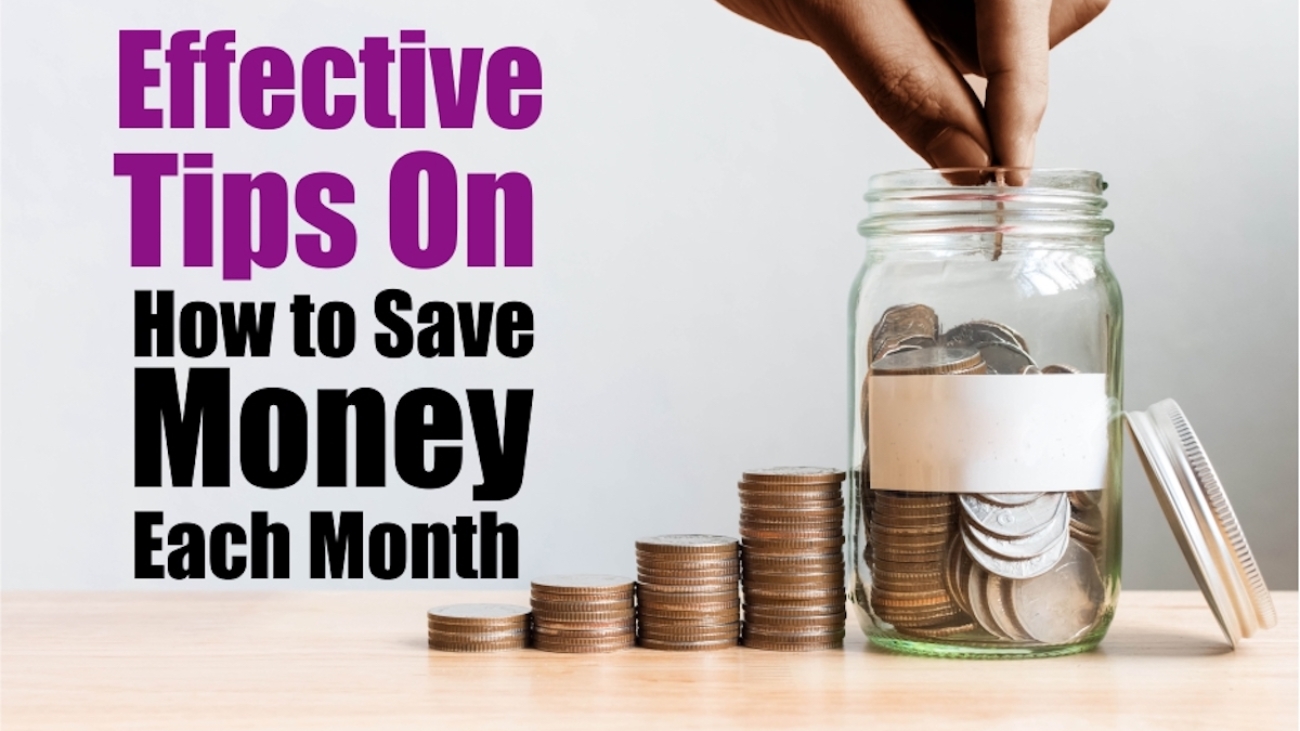Have you learnt the importance of having saving in a hard way like me and you are wondering how much should I save monthly? Have you had your salary delayed by some days to weeks making you seem stranded?
Discover why savings is important, how it protects you on a rainy day, the best savings percentage, and where to keep your money in this post. You can build financial security for yourself and your family with a simple monthly savings plan outlined in this post.
Table of Contents
Why Savings Is Important?
Saving money is the foundation of financial security. It helps you prepare for both short-term and long-term needs while reducing stress about the future. A consistent monthly savings plan allows you to build wealth, achieve goals, and stay prepared for emergencies. Without savings, unexpected expenses could lead to debt or financial instability. Making savings a priority ensures that you always have a financial cushion to fall back on.
How Savings Can Save You on a Rainy Day
Life can be unpredictable, and that’s where an emergency fund comes in. Medical bills, job loss, or urgent repairs can put pressure on your budget. Instead of borrowing or using credit cards, your savings can cover these rainy-day expenses. A solid savings habit ensures you’re not caught off guard. Having an emergency savings account gives you peace of mind, knowing that you can handle life’s challenges without financial panic.
Good understanding of personal finance tips can make the difference whether you are a salary earner or a business person. How to build financial security using your best savings percentage and money-saving habits for your monthly budget and savings is all you need.
How Much Should Be Saved Monthly?
So, how much should you save monthly? Financial experts suggest following the 50/30/20 rule—spend 50% of your income on needs, 30% on wants, and 20% on savings. If that feels high, start small with 5–10% and increase gradually. Ideally, aim to save enough to build a 3–6 month emergency fund.
Once that’s secured, channel your savings into investments or retirement accounts to grow your wealth over time. Consistency is more important than the amount when building a savings habit.
If you have been asking yourself “how much should I save monthly”, you need to set up your monthly savings plan where you outline the amount to start saving as a percentage of your current monthly income. You can then increase it with time. How to save money monthly is better mastered if you have a monthly budget for your expenses.
How Not to Spend Your Savings Easily
One of the biggest challenges in a savings plan is resisting the urge to spend. To protect your savings:
- Keep savings in a separate account from your daily spending money.
- Avoid linking your savings account to an ATM card.
- Set clear goals for each savings fund (e.g., house deposit, education, travel).
- Automate your savings each month so it’s deducted before you spend.
By creating barriers between your savings and everyday spending, you’ll reduce temptation and allow your money to grow. However, you must also have emergency savings fund different from the savings for other projects. For example, you plan to build house through your savings, you have to setup savings for this purpose different from other funding that takes care of emergences.
Where to Keep Your Monthly Savings
The best place for your savings depends on your goals. For short-term or emergency funds, use a high-yield savings account or fixed deposit for easy access and security. For long-term financial goals, consider investments like mutual funds, retirement accounts, or even low-risk bonds.
This way, you earn higher returns while keeping your money safe. Always keep your emergency savings liquid, while letting your long-term savings work harder through investments.
If you are still looking for where to keep savings, consider investing in people’s business with a percentage interest that can be monthly or per annum.
Conclusion on how much should I save monthly
Saving money monthly is not just about setting aside cash—it’s about building financial freedom. Start small, stay consistent, and choose the right place to grow your savings. Over time, you’ll achieve financial independence and be prepared for whatever life brings. You will also understand that saving money is not just a monthly habit but something that happens daily.


